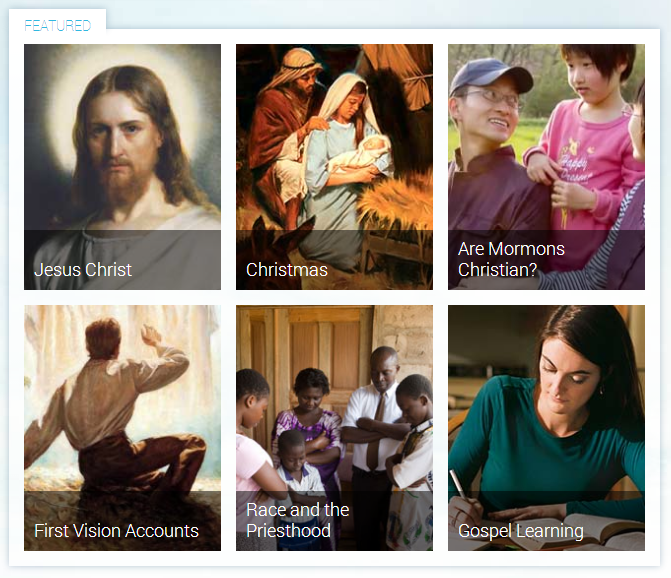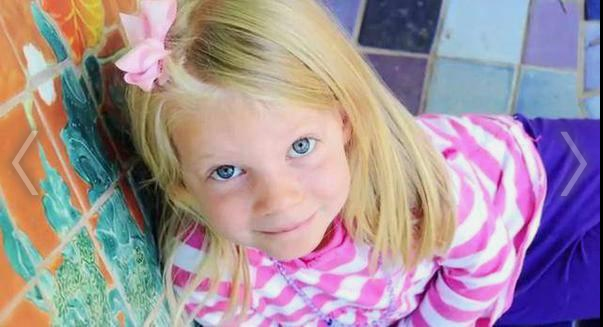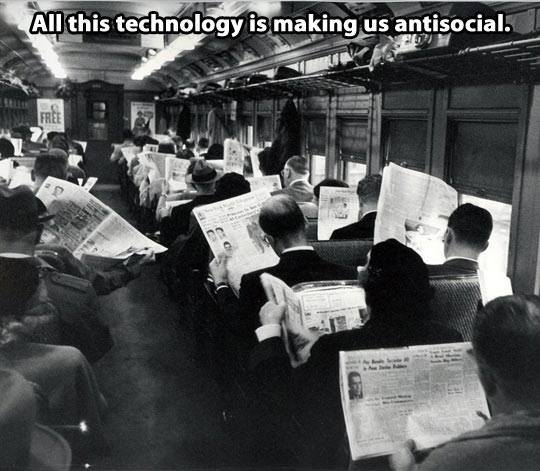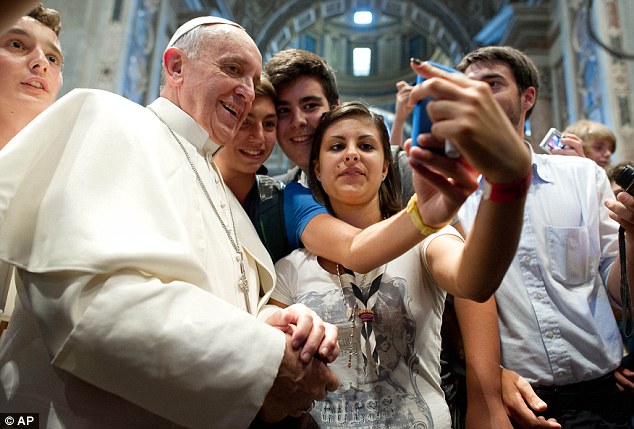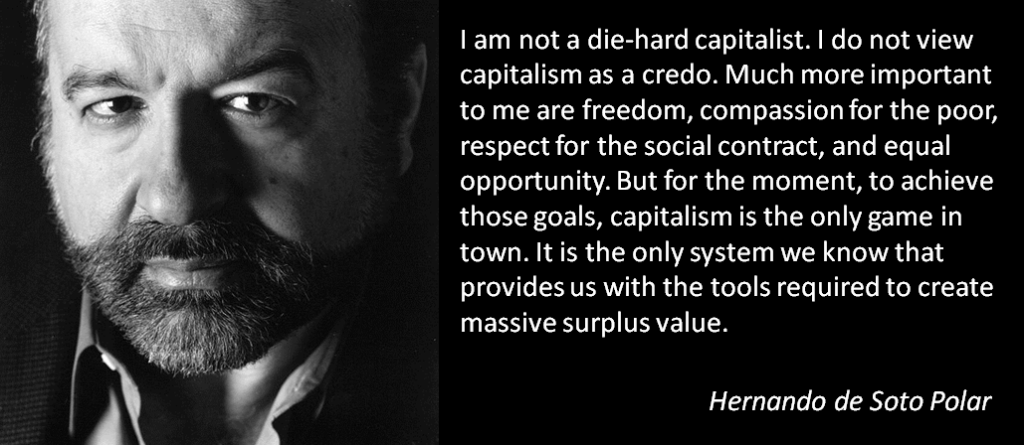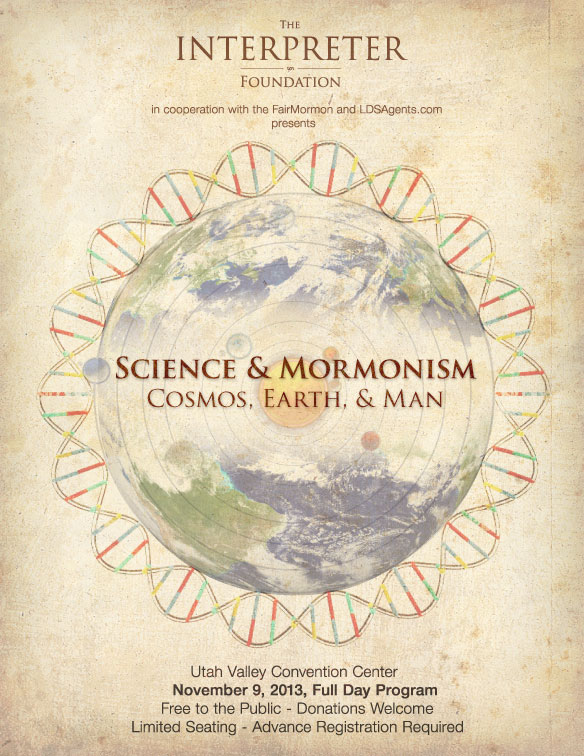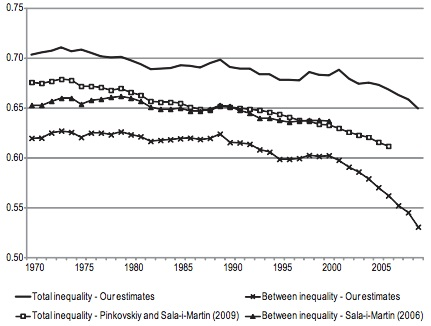In this morning’s Times And Seasons post, I talk about the exciting changes at lds.org/topics and what they could mean for the Church as a whole.
Religion
Evil Did Not Win
This is Emilie Parker. She was one of the 20 children an 6 adults murdered at Sandy Hook elementary exactly one year ago, on December 14, 2012. She was six. My own beautiful little girl just turned 7. This isn’t a story I can read about–let alone write about–easily. But the video below, created by her parents, is worth sharing. Especially today.
In the days just after the shooting, critics targeted Emilie’s father Robbie. In addition to those who took this tragedy as an excuse to attack his Mormon faith, there are still plenty of YouTube videos of his painful, awkward statements to the press just days after losing his little girl that claim to “prove” he was nothing but a paid actor.
That’s the world we live in. In the aftermath of such horrible, tragic, and senseless loss some people are so trapped in their own webs of bitterness or paranoia that they are literally unable to understand the anguish that others are experiencing. They are incapable of lifting their gaze above their own petty concerns. To be so incapable of perceiving the pain of others… how desolately alone they must be. The world is wrapped in shadow, and they are all but lost in the darkness.
And yet Emilie’s parents, Robbie and Alissa, have found their way through their valley of shadow. Alissa writes that when she learned that she’d lost her daughter, “I felt so consumed with how evil can be so powerful. And how… the evil won.” Today, however, she has found a kind of hard-won peace.
People ask: But where was your God when this happened? Why did he stop it? God allowed others to kill his son. He allows for us all to make our own choices, good and bad, because that’s the only way good can be in us. It’s if we freely choose it over all else. Evil didn’t win that day. We’ll carry on that love, like she had. It’s quiet. It’s not on the news. It takes effort to find. But what I’ve realized through all this is how strong and how big God’s love really is.
I will say the callous thing first: Alissa’s theology doesn’t make sense to me. The argument from free will does not convince me, because God doesn’t always allow the evil to fulfill their plans. Sometimes He intercedes. Other times, He does not. Why? There is no answer I have found to satisfy my heart or my mind.
And yet my logical complaints are overwhelmed by Alissa’s raw witness of God’s love. She has been down a road so dark I cannot even bear to imagine it. And she tells me she knows “how big God’s love really is.” It’s not the answer that I want to my questions. But it is an example of how to live a life of love in the face of pain and evil, and one that leaves me speechless in humility.
I do not understand, but I am humbled by her testimony. And I too, would believe.
I have faith but I sometimes find that the storms around me make my heart quail and I begin to sink. And at times like that, Christ extends a hand through the people around me, people like Alissa, to keep me from going under.
Race and the LDS Priesthood Ban: A Brief Personal History

When I was in the LDS Missionary Training Center (MTC) in Utah preparing for my two year, I struggled with answering specific questions about Church history and past practices. One question in particular revolved around blacks and the priesthood ban. For most of the LDS Church’s life, black Africans were not allowed to hold priesthood or participate in temple endowments/marriage. The ban was lifted by President Spencer W. Kimball in 1978. One of my MTC teachers attempted to skirt around the issue until I point blank asked him what answer he would give as to the reason for the ban. He simply said, “I don’t know why.”
Zion, Mortal Loneliness, and the Hall of Records
My post for Times And Seasons this morning begins: “In my imagination there is a hall of records in the future Celestial Zion where anyone can review the mortal life of any other person as seen from their perspective.” Read the rest for an admittedly odd little essay about loneliness and isolation in mortality. (Hopefully it’s as interesting as it is odd.)
Pope Francis: Lost in Translation
Priest and blogger Father John Zuhlsdorf argues on his blog that part of Pope Francis’ apostolic exhortation may have been mistranslated. The Spanish reads,
54. En este contexto, algunos todavía defienden las teorías del «derrame», que suponen que todo crecimiento económico, favorecido por la libertad de mercado, logra provocar por sí mismo mayor equidad e inclusión social en el mundo.
The official English is translated as
In this context, some people continue to defend trickle-down theories which assume that economic growth, encouraged by a free market, will inevitably succeed in bringing about greater justice and inclusiveness in the world.
However, por si’ mismo (translated as “inevitably” above) actually means “by itself.” In other words, the Pope is saying the assumption that “economic growth, encouraged by free markets, will by itself succeed in bringing about greater justice and inclusiveness in the world” is false. As Father Zuhlsdorf puts it,
But the real point here is that in EG 54 the author says that “trickle down” economics cannot by itself produce the desired result. That is, of course, correct. No economic plan will solve the problems of the poor by itself. Economic plans must be carried out by people who have good, solid morals and values.
Easy for things to get lost in translation.
Pope Francis Continues to Rock
First came stories based on an interview with Archbishop Konrad Krajewski like this one. According to the stories, Pope Francis was unable to spend time distributing money–and love–to the homeless and poor as he had done prior to his elevation to the papacy. But Krajewski mentioned that the Pope had indicated he wished he could go, and soon speculation abounded (like here) that Pope Francis was sneaking out at night in disguise to continue his ministry to the poor.
The Pope is popular, that is for sure. And I certainly love his example. But there are two roles for a leader like the Pope. One is symbolic, and here the Pope’s example shines. The other is administrative. I think only time will tell whether or not Pope Francis is able to strike the right balance between those two roles.
My hope (as a non-Catholic who loves Catholicism) is that the Pope is able to encourage more Catholics to reconsider their relationship to their own faith and begin to take more seriously the teachings, doctrines, and perspectives of that ancient and honorable faith.
Monday Morning Mormonism: Caring for the Poor and Needy
Another Monday, another post for Times And Seasons. This morning’s topic is the addition of the fourth point to the threefold mission of the Church: to care for the poor and needy. Why wasn’t it originally included in 1981? Why was it added in 2009? Read the post for my thoughts, and stay tuned for a longer treatment of the topic from Walker and me coming soon.
Science & Mormonism: Cosmos, Earth & Man
The Interpreter Foundation sponsored a conference in early November on (as the title indicates) the interaction of science and Mormonism. The conference videos were recently posted at the Interpreter website. The following is the list of presenters and participants:
- David H. Bailey
Berkeley National Laboratory (ret.) and University of California, Davis - Emily Bates
Professor of Pediatrics and Director of the Bates Laboratory, University of Colorado - Jeffrey M. Bradshaw
Senior Research Scientist. Florida Institute for Human and Machine Cognition - R. Paul Evans
Assistant Professor of Microbiology & Molecular Biology, Brigham Young University - Ron Hellings
Research Professor, Department of Physics, Montana State University - Bart J. Kowallis
Professor, Department of Geological Sciences, Brigham Young University - John S. Lewis
Professor Emeritus of Planetary Sciences, Lunar and Planetary Laboratory, University of Arizona and Chief Scientist, Deep Space Industries - Steven L. Peck
Associate Professor, Department of Biology, Brigham Young University - Jani Radebaugh
Associate Professor, Department of Geological Sciences, Brigham Young University - Michael R. Stark
Associate Professor, Department of Physiology & Developmental Biology – Neuroscience, Brigham Young University - Trent D. Stephens
Professor Emeritus of Anatomy and Embryology, Idaho State University - Amy L. Williams
Postdoctoral Research Fellow, Columbia University - Richard N. Williams
Founding Director, The Wheatley Institution, Brigham Young University
I’m excited for more conferences of this sort in the future. Be sure to check out the videos.
Good News, Pope Francis
The media has exploded over Pope Francis’ recent apostolic exhortation. In it, he denounced social and economic inequality, which he declared are “the result of ideologies which defend the absolute autonomy of the marketplace and financial speculation” and “trickle-down theories.”[ref]Economist Thomas Sowell has claimed, “No such theory [i.e. trickle-down] has been found in even the most voluminous and learned histories of economic theories…Yet this non-existent theory has become the object of denunciations from the pages of the New York Times and the Washington Post to the political arena…It is a classic example of arguing against a caricature instead of confronting the argument actually made.” (Sowell, “Trickle-Down” Theory and “Tax Cuts for the Rich”. Stanford: Hoover Institution Press, 2012, 1-2.)[/ref] The media hailed it as an anti-capitalist proclamation, while virtually ignoring other important factors like his attack on abortion.[ref]”Among the vulnerable for whom the Church wishes to care with particular love and concern are unborn children, the most defenceless and innocent among us. Nowadays efforts are made to deny them their human dignity and to do with them whatever one pleases, taking their lives and passing laws preventing anyone from standing in the way of this. Frequently, as a way of ridiculing the Church’s effort to defend their lives, attempts are made to present her position as ideological, obscurantist and conservative. Yet this defence of unborn life is closely linked to the defence of each and every other human right. It involves the conviction that a human being is always sacred and inviolable, in any situation and at every stage of development. Human beings are ends in themselves and never a means of resolving other problems. Once this conviction disappears, so do solid and lasting foundations for the defence of human rights, which would always be subject to the passing whims of the powers that be. Reason alone is sufficient to recognize the inviolable value of each single human life, but if we also look at the issue from the standpoint of faith, “every violation of the personal dignity of the human being cries out in vengeance to God and is an offence against the creator of the individual”. Precisely because this involves the internal consistency of our message about the value of the human person, the Church cannot be expected to change her position on this question. I want to be completely honest in this regard. This is not something subject to alleged reforms or “modernizations”. It is not “progressive” to try to resolve problems by eliminating a human life. On the other hand, it is also true that we have done little to adequately accompany women in very difficult situations, where abortion appears as a quick solution to their profound anguish, especially when the life developing within them is the result of rape or a situation of extreme poverty. Who can remain unmoved before such painful situations?” (#213-214)[/ref] While some are seeing Francis’ remarks as radical, it is virtually the same message found in, say, the exhortations of John XXIII (1961) or Leo XIII (1891). This just reinforces Nathaniel’s point in his post “Meet the New Catholicism, Same as the Old Catholicism.”
But I have some good news for Pope Francis and the media: things have been getting better for some time. The world isn’t quite on its way to hell in a handbasket. Furthermore, it was the “autonomy of the marketplace” that achieved one of the major Millennium Development Goals of halving global poverty five years early. And as I’ve noted before, global inequality is actually decreasing. A brand new study supports past research by demonstrating that–though inequality is still high and increasing within countries (not just in America)–global inequality has seen an unprecedented decline.
(Above graph provided by GMU’s Robin Hanson)
This is not to say that all is well. There is much, much more to be done. But these are positive trends; trends that caused one journalist to declare 2012 (at the dawn of 2013) the best year ever. We have seen incredible progress over the past couple centuries. If we want to address social ills like those Pope Francis spoke of, we should look to those policies (and yes, ideologies) that have made these positive trends possible.
The Pope Preaches Fairness, Is A Radical
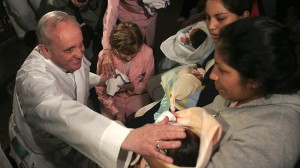 Pope Francis’ recent “apostolic exhortation” criticizes certain aspects of modern society, championing equality and policies that guarantee opportunity and basic welfare.
Pope Francis’ recent “apostolic exhortation” criticizes certain aspects of modern society, championing equality and policies that guarantee opportunity and basic welfare.
Naturally, the Pope’s words are being and will be co-opted by the left as a long-awaited attack against conservative ideals and a tacit approval of redistributive policies, not excluding socialist positions.
While I can’t, myself, read the Pope’s document (my guess is because it hasn’t been translated to English), reading what’s being said in the news about it leads me to believe Pope Francis is not sanctioning socialism or anything like it, but rather calling for society to back away from “idolatry” in the form of obsession with wealth and status, which isn’t what I would consider to be an earth-shattering pronouncement. He asks for people to make giving to those less fortunate than themselves a priority, and for politicians to ensure everyone in their society has access to what most people around the world would consider to be basic necessities (education, employment and health care).
Perhaps the most potentially divisive comment made in the exhortation is, ironically, the Pope’s call for closing the inequality gap. I’m not sure what solutions he offers for fixing that problem, but it’s perhaps what the Pope points to as a cause for the gap’s existence that is the most interesting:
“As long as the problems of the poor are not radically resolved by rejecting the absolute autonomy of markets and financial speculation and by attacking the structural causes of inequality, no solution will be found for the world’s problems or, for that matter, to any problems,” he wrote.
I don’t think many people are seriously arguing for absolutely unregulated markets, so I’m not sure what this statement is meant to accomplish, nor why it is (at least, going from the comments sections on the various outlets reporting this) being interpreted by leftists as a socialist call-to-arms and a radical departure from everyday Christian culture which, with its emphasis on personal liberty, responsibility and autonomy, is in their minds a spiteful dismissal of or, at best, indifference to the plight of the disenfranchised.
While I applaud Pope Francis’ for attempting to place emphasis on helping the less fortunate and shedding the pursuit of wealth at the expense of others, I’m more interested in learning what solutions he proposes to addressing what are, in fact, human failings, not unique to any corner of any political spectrum.
